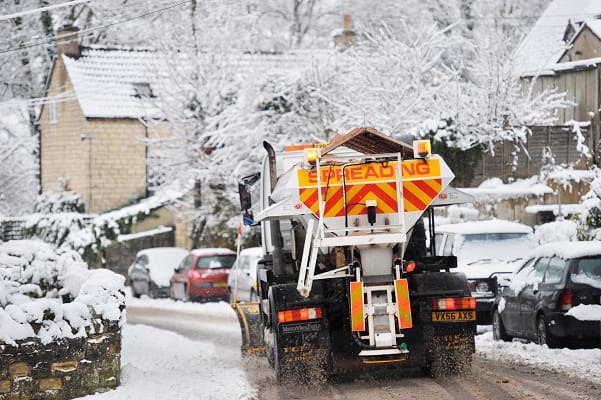Infra
More federal housing cash could mean thousands of new homes, says London mayor | CBC News
London’s mayor, city staff and non-profit organizations are welcoming new federal funding aimed at boosting the number of homes being built across Canada.
On Tuesday, Liberal Minister Anita Anand and Justice Minister Arif Virani announced $6 billion for a new housing infrastructure fund and a $400 million top-up to the Federal Housing Accelerator Fund — and London was the first city to take advantage of it before funding ran out.
Most of that $6 billion in funding for wastewater and sewer-related infrastructure to enable housing development is being offered to provinces and territories that agree to terms laid out by Ottawa. They include allowing fourplexes throughout all municipalities — a move Ontario Premier Doug Ford has said is “off the table.”
However, $1 billion of that fund will be earmarked directly for municipalities, and London’s mayor says that’s good news.
“We’ve never seen this much construction before at one given time — 20 cranes in the sky, 7,100 units of high density [housing] under construction,” Morgan said. “We are not able to build the next 7,100 units without getting more infrastructure in the ground.”
He called the funding critical to cities like London, where housing development is near the top of both public and political priorities. The federal funding announcement was made in cities across Canada.
Morgan also said $74 million in federal cash previously allocated for London’s housing development from the Housing Accelerator Fund, some of which was used for infrastructure projects, has been instrumental in achieving the high level of densification currently underway.
“We’re going to be working on getting shovel-ready projects to submit as quickly as we possibly can,” said Morgan. The new money could unlock the potential to build as many as 10,000 additional units in the city.
While it’s unclear how much of the $1 billion earmarked for municipalities London will get, Morgan said he’s felt the federal government has given London a fair share in the past.
A majority of the money is set to go to provinces that may or may not fulfil the requirements needed to receive funding, but Virani said municipalities will eventually get money from the provincial side of the fund.
“We need ambition from the province, not just individual municipalities,” Virani said. “If we don’t see it, we’ll deliver the money directly to the cities that want it, because this is a crisis.”
Virani added that density and proximity to transit is a main theme of the requirements for provinces to qualify for the fund.
As for the $400 million top-up for the already-established Housing Accelerator Fund, London will not be able to apply for additional housing accelerator funding, according to London North Centre MP Peter Fragiskatos, who said the top-up is aimed at rural municipalities that weren’t able to qualify before funding ran out.










